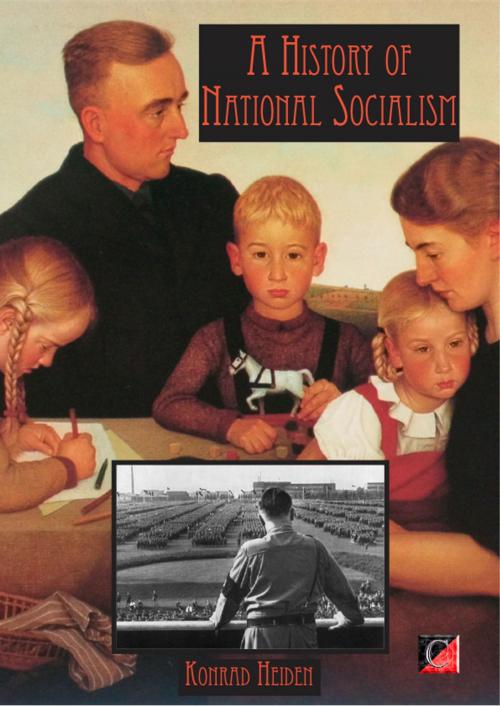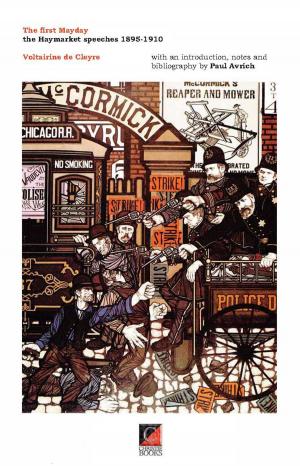THE HISTORY OF NATIONAL SOCIALISM
Nonfiction, Religion & Spirituality, Philosophy, Political, History, Germany| Author: | Konrad Heiden | ISBN: | 1230002428659 |
| Publisher: | ChristieBooks | Publication: | July 15, 2018 |
| Imprint: | ChristieBooks | Language: | English |
| Author: | Konrad Heiden |
| ISBN: | 1230002428659 |
| Publisher: | ChristieBooks |
| Publication: | July 15, 2018 |
| Imprint: | ChristieBooks |
| Language: | English |
In 1934, Social Democrat journalist Karl Heiden, wrote this important, critical, contemporary and insightful account of the rise of Nazism from its 1918 origins as Anton Dexler’s German Workers’ Party (NSDAP) through to the eve of the Röhm purge in the 1934, the ‘Night of the Long Knives’. It is not a retrospective or a "history" but a description by someone who lived through the period of the gradual accretions of change, complicity, and abdication of moral authority that marked the unfolding of Nazi barbarism.
Heiden, who left Germany in 1932, closely monitored the rise of Hitler and National Socialism from the earliest days. Early on he recognised in Hitler the assiduous narcissistic agitator desperate for the adulation of the masses. For him that was an end in itself — not a politically expedient means to an end. He describes Hitler’s transition from humble German army liaison officer into ‘the Leader’, cunningly manipulating Germany’s mainstream politicians and business leaders as well as the competing NSDAP factions, such as those led by Julius Streicher and Captain Ernst Röhm, who posed a threat to Hitler’s master plan. By these means, and with the full support of the Reichstag who handed him absolute power, he crushed all opposition. As Hitler constantly and relentlessly reiterated to the German people, he alone could fix things and make Germany great again!
In 1934, Social Democrat journalist Karl Heiden, wrote this important, critical, contemporary and insightful account of the rise of Nazism from its 1918 origins as Anton Dexler’s German Workers’ Party (NSDAP) through to the eve of the Röhm purge in the 1934, the ‘Night of the Long Knives’. It is not a retrospective or a "history" but a description by someone who lived through the period of the gradual accretions of change, complicity, and abdication of moral authority that marked the unfolding of Nazi barbarism.
Heiden, who left Germany in 1932, closely monitored the rise of Hitler and National Socialism from the earliest days. Early on he recognised in Hitler the assiduous narcissistic agitator desperate for the adulation of the masses. For him that was an end in itself — not a politically expedient means to an end. He describes Hitler’s transition from humble German army liaison officer into ‘the Leader’, cunningly manipulating Germany’s mainstream politicians and business leaders as well as the competing NSDAP factions, such as those led by Julius Streicher and Captain Ernst Röhm, who posed a threat to Hitler’s master plan. By these means, and with the full support of the Reichstag who handed him absolute power, he crushed all opposition. As Hitler constantly and relentlessly reiterated to the German people, he alone could fix things and make Germany great again!















